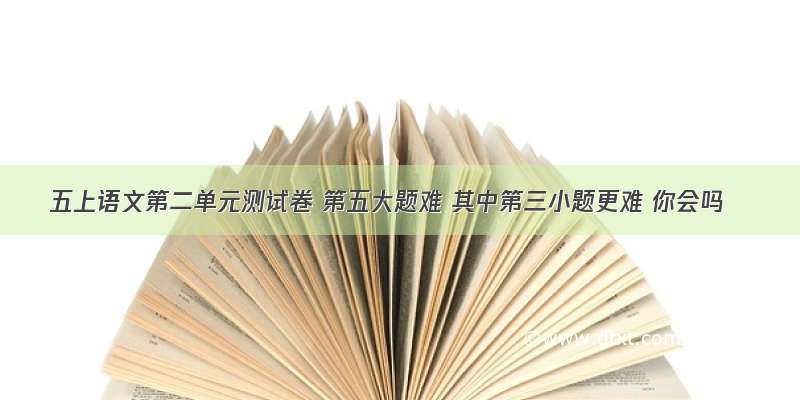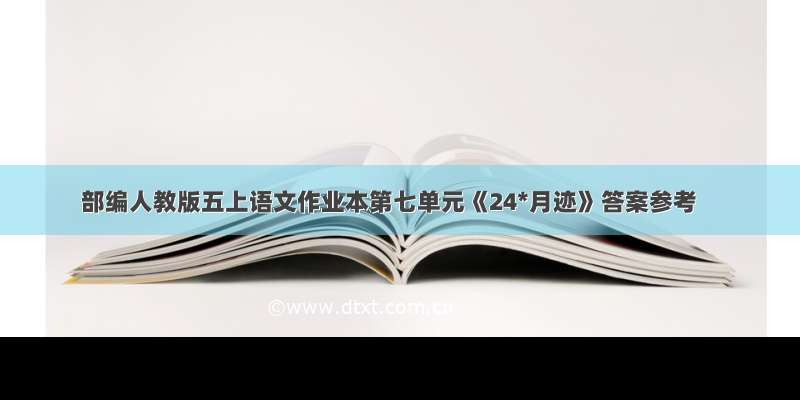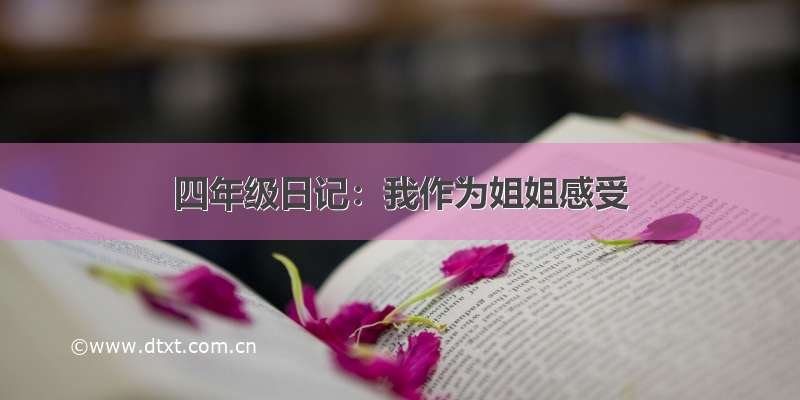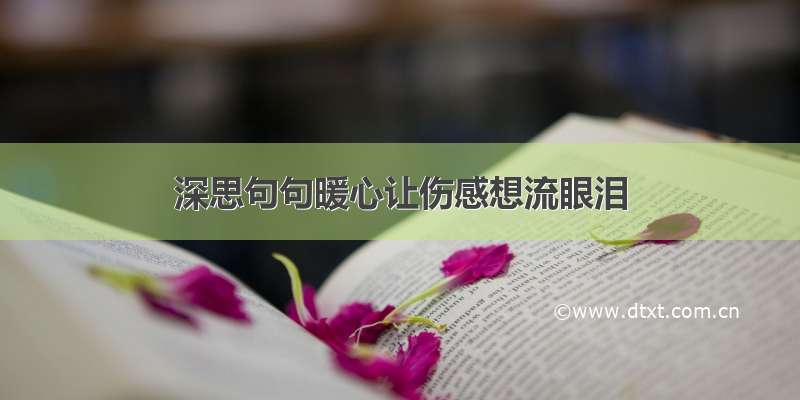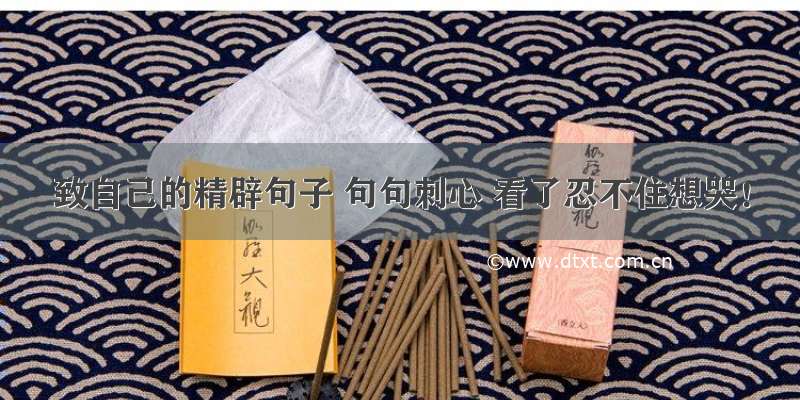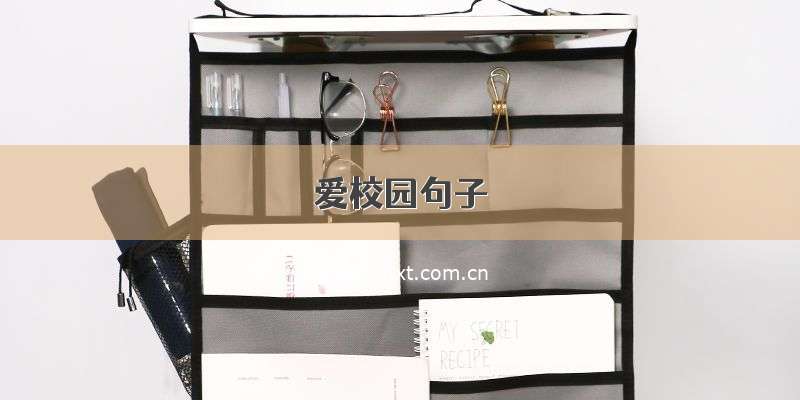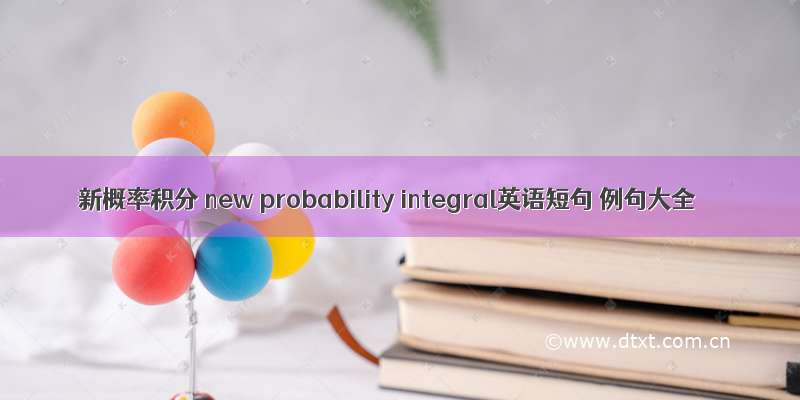
Unit 4 Hobbies
一、单词
1. hobby 爱好 2. be good at 擅长于
3. with 与……一起 4. also 也
5. read 读,阅读6. story故事
7. a lot of 很多 8. play the piano 弹钢琴
9. dance 跳舞 10. watch films 看电影
11. sing 唱歌 12. both 两个都
13. group 组 14. idea 主意
15. ice 冰 16. hole 洞
17. Look out! 当心!注意! 18. wet湿的,潮的
二、词组
1. play basketball well 篮球打得好 2. play football 踢足球
3. be good at 擅长 4. like drawing 喜欢画画
5. in the park 在公园里 6. with my brother 和我弟弟一起
7. play table tennis 打乒乓球 8. read stories 读故事
9. a lot of books 许多书 10. play the piano 弹钢琴
11. like dancing 喜欢跳舞 12. watch films 看电影
13. like swimming 喜欢游泳 14. talk about谈论
15. their hobbies他们的爱好 16. in winter 在冬天
17. like skating喜欢滑冰 18. skate very well 滑冰滑得很好
19. have an idea 一个主意 20. go skating 去滑冰
21. this afternoon今天下午 22. a great idea一个好主意
23. skate on the ice 在冰上滑 24. look out 小心
25. cold and wet又冷又湿 26. in our group 在我们组里
27. a hole in the ice 冰上一个洞
三、语法
like + doing sth 意为(习惯性或经常性)喜欢做某事,like后面的动词要用其名词形式,即动词+ing形式。
1. 动词接ing的变化方式:
(1) 一般在动词末尾加ing, 如: think → thinking stand → standing study → studying
(2) 以不发音字母e结尾的动词,先去掉e, 再加ing,如 skate → skating
make → making dance → dancing write → writing have → having ride → riding
come → coming
(3) 以重读闭音节结尾的动词,末尾只有一个元音字母(闭音节),以及一个辅音字母, 应双写末尾的辅音字母,再加ing, 如: put →putting run-running swim → swimming jog → jogging sit → sitting
2. like doing sth句式变化:
肯定句:主语 + like(s) + doing +… 当主语是第三人称单数时,like后面要加s,如:
I like singing. They like dancing. He likes playing basketball. She likes skating.
否定句:主语 + don’t/ doesn’t + like + doing + ….,如:
I don’t like singing. They don’t like dancing.
He doesn’t like playing basketball. She doesn’t like skating.
一般疑问句:Do/ Does + 主语 + like + doing + …? 如:
Do you like sing? Do they like dancing?
Does he like playing basketball? Does she like skating?
特殊疑问句: 疑问词 + do/ does + 主语 + like + doing + …? 如:
What do you like? What do they like doing? What does he/she like (doing)?
四、语音
y /j/ 口型成微笑状,舌尖抵下齿,舌面紧贴上颚,声带振动。
you, yellow, yes, year, young, your, yuan…
【知识点分析】
1、 A. I like playing basketball.
B. She also likes playing thepiano.
A句中,play后面不跟the, B句中,play后面跟the。
另,play 用作及物动词时的含义较多,用法也不尽相同。
(1) 表示“玩”,后接“牌、游戏、棋类”等名词。此时这些名词前不用冠词。如:
Many people like playing cards. 很多人喜欢打牌。
Don’t play chess in the classroom. 不要在教室里下象棋。
(2) 表示“打(踢)球”、“参加(体育活动、比赛)”等。此时表示球类名词前不加冠词。如:
Can you play football? 你会踢足球吗?
Let"s go and play table tennis. 让我们一起去打乒乓吧。
(3) 表示“吹、拉、弹、演奏”,此时乐器名词前要加定冠词。如:
He can play the piano. 他会弹钢琴。
She likes playing the violin after school. 她喜欢在放学后拉小提琴。
作不及物动词的play
play用作不及物动词,常和介词with相连,表示“玩”、“玩耍”。如果说play的“玩”是进行比较正规的文体活动,那么play with的“玩耍”就是表示进行非正规的游戏,尤指小孩利用玩具或其他东西来娱乐。如:
The little boy can play with a yo-yo. 这个小男孩能玩溜溜球。
Don"t play with fire. It"s very dangerous. 别玩火,那很危险。
2、too, also和either的区别
A. He likes playing football too. 他也喜欢踢足球。
B. She alsolike playing the piano. 她也喜欢弹钢琴。
C. Don’t be sad, Bobby. I can’t fly either. 别伤心。我也不会飞。(4A Unit4)
以上三个句子中too, also, either三个单词都有“也”意思,但在句子中的用法有所不同。
(1)too 是个常用词,多用于口语,语气较随便。一般用在肯定句中,放在句末,或作为插入语放在句中。如:
I"m a student, too.我也是个学生。
She,too,is a singer.她也是一位歌唱家。
(2)also 是比较正式的用语,语气较庄重。它经常放在句中,位于行为动词之前;位于系动词, 助动词或情态动词之后。如:
Mrs Green can also sing the song in Chinese.格林夫人也能用汉语唱这首歌。
They also have fish shops in that small town.那个小镇上也有鱼店。
(3)either 表示“也”时一般只用于否定句,且只置于句末。如:
I don"t know him.Tom doesn"t know him,either.我不认识他,汤姆也不认识他。
He doesn’t have apples. She doesn’t, either. 他没有苹果,她也没有。
3、on the ice和in the ice的区别
A. Sam and Billy skate on the ice.
B. There is a hole in the ice.
on the ice和in the ice从字面上翻译都解释为“在冰上”。
on the ice表示物体只和冰有接触面,而没有穿到冰里去。in the ice表示物体穿过这个冰层,在冰的里面。类似还有:on the wall/ in the wall 如:
There is a picture on the wall. 墙上有一幅画。
There is a window in the wall. 墙上有一扇窗。
4、A. I’m not good at football. 我不擅长踢足球。
B. You are really good at skating, Billy. 你真的擅长滑冰。
be good at 意为“擅长,在……方面做得好”,如果像B句后面跟动词skate,那么这个动词要变为其名词形式skating。如:
Are you good at singing? 你擅长唱歌吗?
同样A句可以改为:I’m not good at playing football.
5、Su Hai likes watching films. 苏海喜欢看电影。
watch films (watch a film) 意为“看电影”,也可以说 see films (see a film)。
Look, see, watch和read的区别:
look指集中注意力地看,是有意的,强调“看”的动作。单独使用时,用来引起对方的注意;如果跟宾语,要和at连用。例如:
Look! Tom is over there.看!汤姆在那儿。
Look at the blackboard, please.请看黑板。
see强调“看”的结果,意为“看见、看到”。例如:
How many birds can you see in the tree? 你能看到树上有多少只鸟?
watch强调“专注地看”,有欣赏的意味,常用于看电视、看球赛等。例如:
Do you watch TV at night? 你晚上看电视吗?
read指“看”时实指“阅读”,常用于看书、看报等。例如:
I like reading books at home.我喜欢在家看书。

